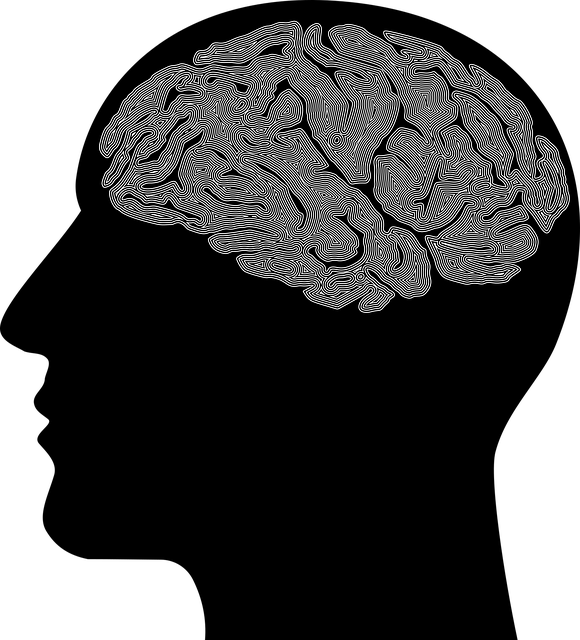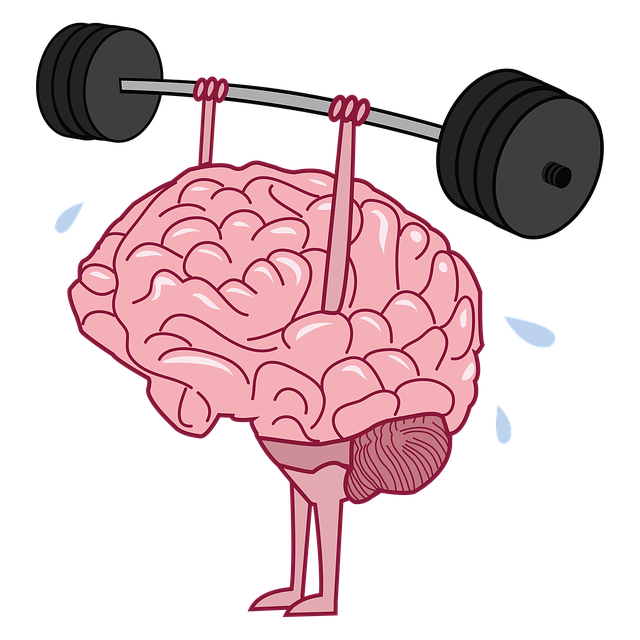Centennial Autism Spectrum Disorder (ASD) therapy offers tailored mental wellness coaching using evidence-based practices and individualized support. This approach addresses sensory processing, social skills, and emotional regulation issues unique to ASD. By combining cognitive behavioral strategies, crisis intervention, cultural sensitivity, and adaptive techniques, coaches create safe spaces fostering improved mental health outcomes. Continuous training, technology integration (like podcasts), and data-driven assessments enhance program effectiveness, ultimately promoting self-acceptance and daily functioning for ASD individuals.
In today’s digital age, addressing mental wellness among individuals with Autism Spectrum Disorder (ASD) is more crucial than ever. The unique challenges faced by those on the spectrum demand specialized approaches, such as tailored coaching programs. This article delves into the development of effective mental wellness coaching initiatives for Centennial Autism Spectrum Disorder Therapy, exploring key areas like understanding the specific needs, designing targeted interventions, and implementing successful strategies for continuous improvement.
- Understanding the Need for Specialized Programs: Exploring the Unique Challenges of Autism Spectrum Disorder (ASD)
- Designing Effective Mental Wellness Coaching Programs for ASD
- Implementation and Continuous Improvement: Strategies for Success in Coaching Programs for ASD Therapy
Understanding the Need for Specialized Programs: Exploring the Unique Challenges of Autism Spectrum Disorder (ASD)

In today’s world, mental wellness coaching programs are evolving to meet the diverse needs of individuals across various spectrums. One area that demands specialized attention is Autism Spectrum Disorder (ASD), a complex neurodevelopmental condition characterized by unique challenges in social communication and interaction. As we recognize the increasing prevalence of ASD, centenal autism spectrum disorder therapy becomes paramount, focusing on tailored interventions that cater to the specific strengths and weaknesses of each individual.
Understanding the nuances of ASD involves recognizing its impact on emotional regulation and mood management. Individuals with ASD often struggle with self-awareness exercises, requiring tailored coaching strategies. Effective programs delve into sensory processing issues, social skills development, and teaching coping mechanisms for stress and anxiety. By incorporating evidence-based practices and individualized support, these specialized initiatives foster emotional well-being, enhance daily functioning, and promote a greater sense of self-acceptance among those navigating the autism spectrum.
Designing Effective Mental Wellness Coaching Programs for ASD

Designing effective mental wellness coaching programs for individuals with Autism Spectrum Disorder (ASD) requires a tailored approach that addresses their unique needs and challenges. The process should incorporate Mind Over Matter principles, emphasizing cognitive behavioral strategies to manage symptoms and promote self-regulation. Programs should also provide crisis intervention guidance, ensuring participants have tools to navigate distressing situations.
Cultural sensitivity in mental healthcare practice is paramount when designing these programs. Coaches must be trained to understand the diverse cultural backgrounds of individuals with ASD, incorporating inclusive practices that respect their perspectives and beliefs. This holistic approach ensures that coaching becomes a safe space for learning and growth, fostering improved mental wellness outcomes for this population.
Implementation and Continuous Improvement: Strategies for Success in Coaching Programs for ASD Therapy

The success of coaching programs for Autism Spectrum Disorder (ASD) therapy lies in their continuous evolution and adaptation. Implementation should involve a collaborative approach, incorporating feedback from both coaches and clients to refine strategies and ensure they meet the unique needs of each individual. Regular training sessions focused on the latest research and techniques in ASD therapy are essential, fostering an environment where coaches can stay updated with effective practices.
Embracing technology can enhance program effectiveness. For instance, creating a Mental Wellness Podcast Series Production can provide accessible resources for clients to improve their emotional regulation skills. Additionally, leveraging online platforms allows for data-driven assessments and progress tracking, enabling coaches to identify areas for improvement and tailor interventions accordingly. These strategies, combined with a commitment to Emotional Well-being Promotion Techniques, contribute to the overall success of coaching programs, fostering positive outcomes for individuals navigating ASD therapy.
Mental wellness coaching programs tailored for individuals with Autism Spectrum Disorder (ASD) are invaluable tools in their therapeutic journey. By addressing the unique challenges faced by those on the spectrum, these specialized programs can significantly enhance overall well-being. The strategies outlined in this article, including a deep understanding of ASD, effective coaching techniques, and continuous improvement methods, provide a framework for developing and implementing successful Centennial Autism Spectrum Disorder Therapy initiatives. Through such programs, coaches can empower individuals with ASD to navigate their unique tapestry of experiences, fostering growth and improved mental health outcomes.














